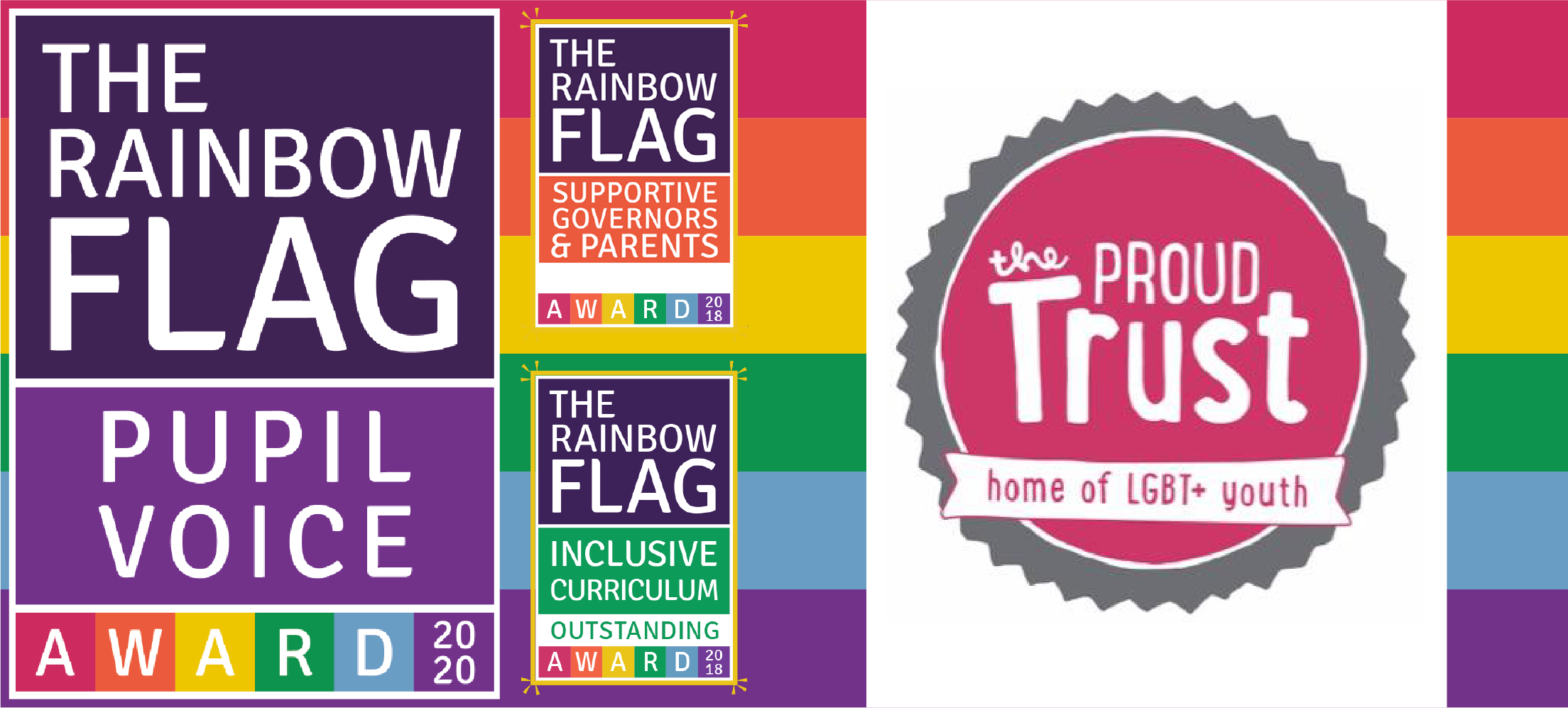Safeguarding & Wellbeing
It is proven that when a child is happy in all aspects of their lives, including at home, they will be more successful in achieving better academic outcomes, and live a longer and more fulfilling life. At Dean Trust Ardwick, we believe that all pupils are capable of being their very best versions of themselves and we know for some they might need support and guidance along the way to becoming resilient learners. All of our staff are the gatekeepers in maintaining and promoting a child’s positive wellbeing and in the first instance, we encourage them to speak with their form tutor or any member of staff.
We also have a dedicated, compassionate and experienced welfare team who work, along with quality assured external providers, and parents to offer early intervention work designed to ensure our children thrive, flourish and overcome barriers to success. The welfare of our pupils is our first priority.
Early Help
What is Early Help?
Early help, also known as early intervention, is support given to a family when a problem first emerges. It can be provided at any stage in a child or young person’s life.
Early Help is offered to support a family, to help resolve problems rather than waiting for them to escalate. Early help services can be delivered to parents, children or whole families, but their main focus is to improve outcomes for children. For example, services may help parents who are living in challenging circumstances provide a safe and loving environment for their child. Or, if a child is displaying risk-taking behaviour, early help practitioners might work with the child and their parents to find out the reasons for the child’s behaviour and put strategies in place to help keep them safe.
Early Help is provided through Manchester City Council, and practitioners work with families in order to strengthen protective factors to reduce any potential risks, this includes:
- Developing strong social and emotional skills
- Having a strong social support network for the family – including support
- For good parental mental health
- Income support, benefits and advice
- Good community services and facilities
If you would like any support accessing Early Help, please contact Dean Trust Ardwick and ask to speak with a member of the Welfare Team or you can apply directly via the link supplied.
Early Help Manchester – hsm.manchester.gov.uk/kb5/manchester/directory/home.page
Mental Health
What is mental health?
Mental health is about our own feelings, thoughts and emotions. Each and every one of us has mental health and It is just as important to look after it as it is our physical health. At times we might need to talk to someone about what we are thinking and feeling so that our emotions don’t become overwhelming.
Knowing where to go for support can sometimes be a barrier in getting the right support. For our pupils, we source the very best information from the best sources in Mental Health and adhere to the IThrive model. We provide guidance on how they can support themselves through an amazing online resource which signposts our pupils on where to go. The ‘Getting Advice’ google classroom can be joined by asking for the code from your form tutor.
We also have dedicated staff in school who are leaders in school mental health and are experienced in this field who our children can talk to. They will then support either in school or by referring to an external service such as Mind or CAMHS.
Self-harm is a very common behaviour for children and young people especially when they are anxious, stressed or worried. Self-harm is when an individual hurt themselves on purpose, often as a coping mechanism to let out feelings. Young people who often self-harm usually do so as a result of another problem, or issue, in their lives. As a parent it can be upsetting to think that this is the only way your child can cope, but there are lots of other ways both you and school can encourage them to be more resilient. If you would like further information about self-harming please contact the school welfare team or click on this link from Young Minds: youngminds.org.uk/find-help/for-parents/parents-guide-to-support-a-z/parents-guide-to-support-self-harm
LGBT
Ofsted (2013) state schools have the duty to ‘prevent and tackle homophobic and transphobic bullying’.
Lesbian- Women who are attracted to women
Gay- Men who are attracted to men
Bisexual- People who are attracted to both genders
Transgender- People who do not live as the gender they were assigned at birth.
Dean Trust Ardwick must, and will, educate your child on LGBT issues and teach them to tolerate and respect members of the LGBT community. We follow the IMATTER programme and include elements of LGBT in many of their topics, from Year 7 to 11. Year 9’s spend 5-6 weeks looking specifically at gender and sexuality and the spectrum of people in our community. Part of their assessment task is to show their understanding of LGBT issues and how they fit in with our British Values. We are proud to be in receipt of many of the colours from the ‘Rainbow flag’ award.
